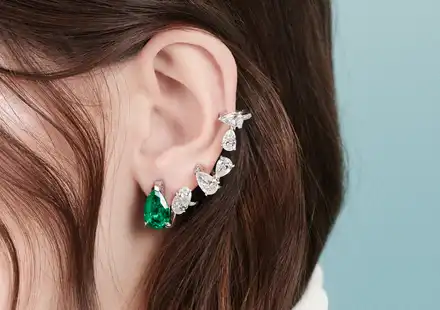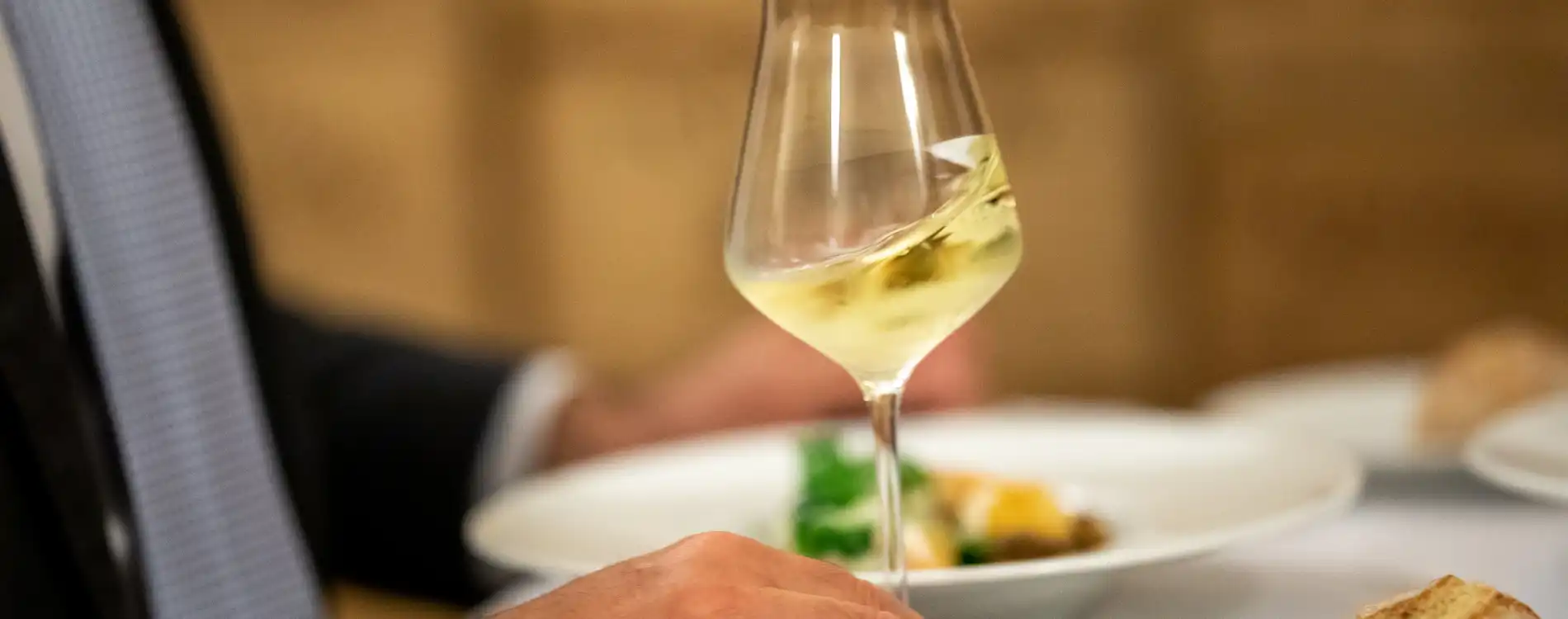Published on April 03, 2020Updated on April 25, 2023
Three experts from Monte-Carlo Société des Bains de Mer share their secrets for diving head first into wine tasting. How do you choose a bottle, serve the wine, or maintain a good wine cellar? Find out below!
The art and manner of home tasting: an interview with Patrice Frank, head sommelier at the Hôtel de Paris Monte-Carlo
What steps should you take when tasting a new bottle?
First you need to bring the wine to the right temperature. That’s 10 to 12 degrees for whites, and 17 to 19 degrees for reds. You can also open the bottle about 30 minutes before serving: this will give it time to aerate, which is good for most wines. If it’s a big white or a red, using a decanter is a good option. But be careful, older wines don’t handle rebottling very well, so if you use a decanter, you’re drinking the whole thing! Once the wine is aerated and at the right temperature, it’s time to taste it.
How do you choose the right wine glass?
Ideally, the bowl shouldn’t be too big—twenty centilitres is good. A big glass can go well with a young wine, which can handle lots of aeration, but it may wear out an older wine.
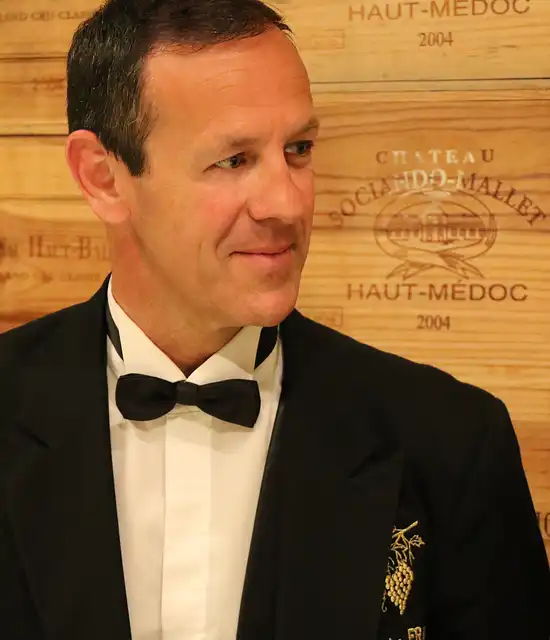
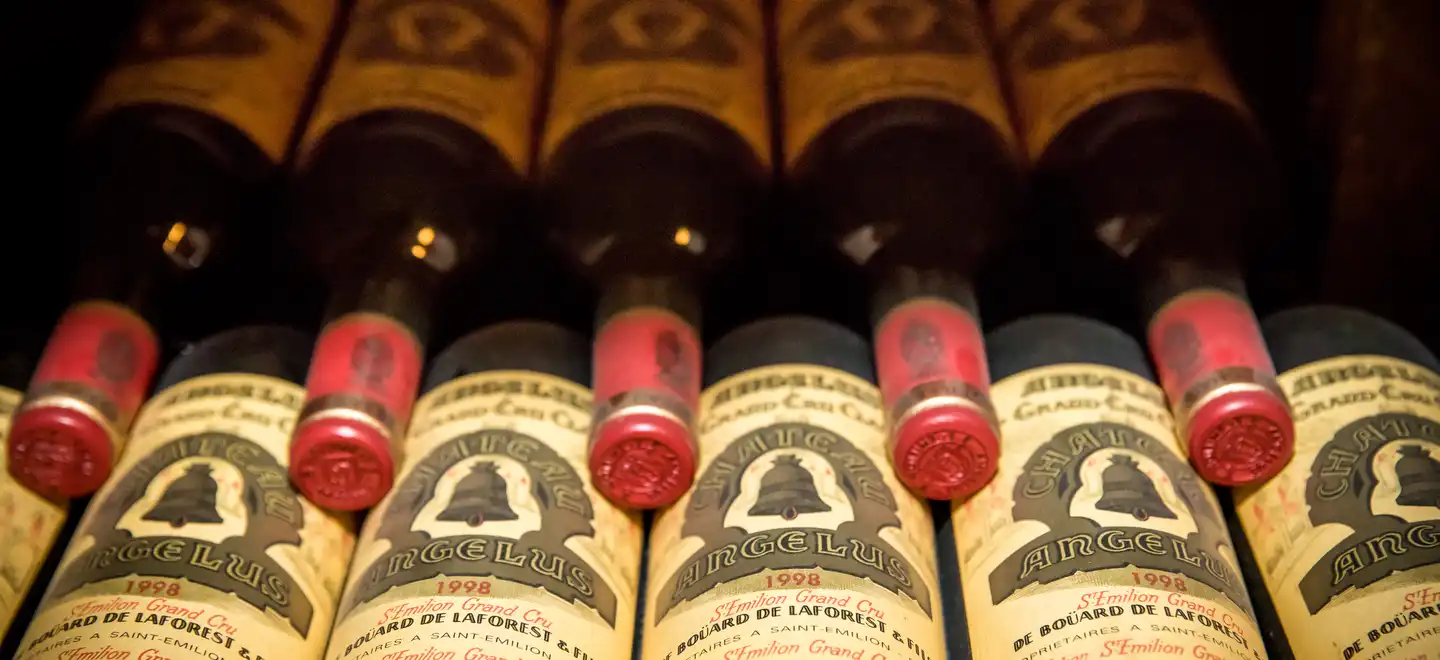
What does the ideal wine cellar look like?
It’s a highly person choice. If nothing else, you can stick to the following breakdown: 20% champagnes, 30% whites and 50% reds. The rest is up to you! It also depends on what your goal is. If the idea is to keep the bottles for more than 20 years, you’ll want to go with grand crus. Otherwise, most wines on the market can keep for up to ten years, so everything is a matter of taste. Everyone has their own standards—you just need to experiment and compare.
How to store wine with or without a cellar: recommendations from Gennaro Iorio, Head Cellarman
How do you know if a wine should be aged or opened immediately?
Each appellation produces a certain type of wine that has an average ageing time. For example, a rosé wine should be opened much earlier than a white wine, and a Burgundy Pinot Noir much earlier than a Nuits-Saint-Georges. The second thing to consider is vintage.
There are professional guides that provide information on how the wines develop and when it’s best to uncork them. That said, there are slight differences from one producer to another, depending on the terroir, the wine-making process, and so on. You’re preferred cellarman may be able to help you.
How do you organise bottles in a cellar?
Get yourself some storage racks—you’ll find some in almost any material. To choose the right one, there’s just one thing to consider: do you buy 12 to 24 bottles at a time, or do you buy them individually? In the first case, it’s better to use wine lockers, which can be re-arranged as needed; in the second, it’s better to use a system of honeycomb racks, which will let you to personalise your wine stores. If you use a wooden rack, there’s rot-resistant wood that you can find out there.
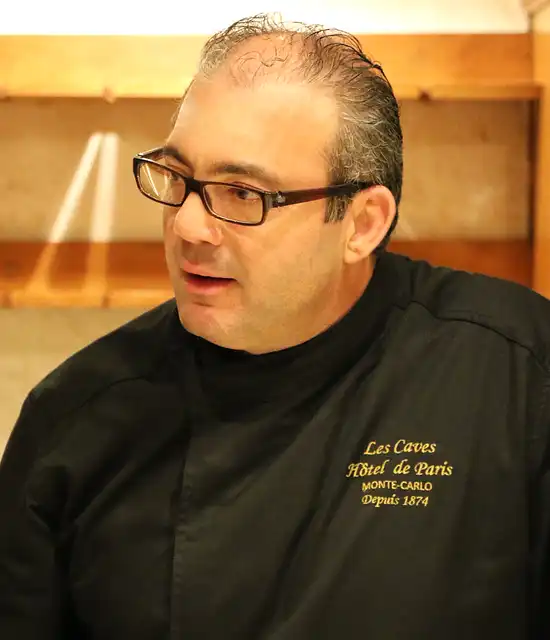
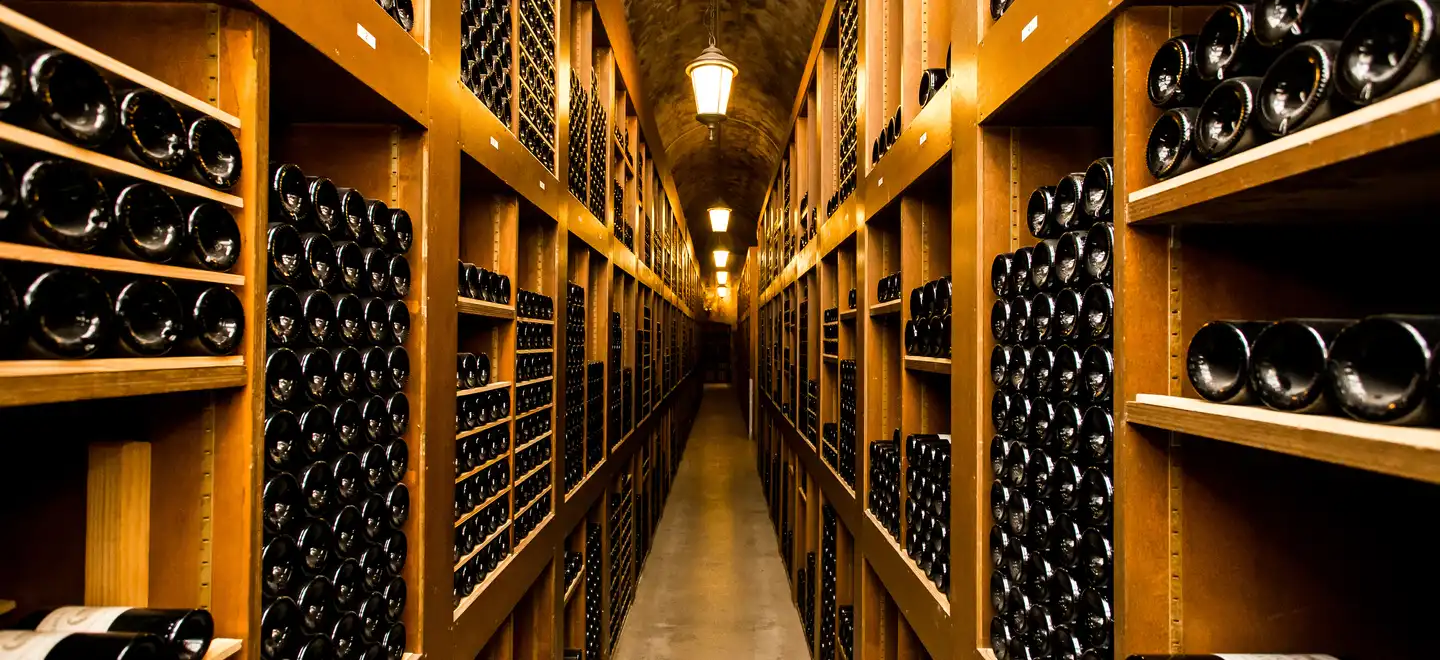
What makes a good cellar, in terms of temperature and humidity?
You should be aiming for 13° to 15° and at least 70% humidity. If you have an underground cellar, one that is naturally cool and humid, then that’s perfect. Otherwise, there are air conditioners made specially for wine cellars, which will allow you to achieve an ideal, self-regulating atmosphere. You should also make sure that there isn’t too much vibration.
How do you store your bottles if you’re not fortunate enough to have a cellar?
Wine has become a bona fide cultural product. Consumers feel compelled to store and age their bottles under the best possible conditions, and to serve them at the optimal temperature. In this case, the best option is to invest in a wine cabinet. You can find some good-quality cabinets that regulate temperature and humidity, dampen vibrations, filter odours and protect the wine from light.
Biodynamic farming, new varieties: how to make sense of it all. Bruno Scavo, head sommelier, tells us which trends he’s looking at.
Do new production methods (biodynamic farming, natural wines) make great wines?
In my opinion, these new processes can yield very interesting results. Biodynamic farming is sometimes criticised for being a bit esoteric, since it involves, among other things, adjusting the growth schedule to the lunar cycle. But these criticisms are outdated now: many of these farmers do serious work and are managing to produce some very good wines—like the Clos Saint-Vincent, to pick an example close to Monaco.
Are there any new varieties that have piqued your interest?
Let’s just say that certain trends seem entirely justified to me. You hear a lot of talk these days about Nerello Mascalese, an Italian variety found in the Etna region of Sicily. It’s a sandy, volcanic terroir that yields a highly complex wine. I also enjoy the Assyrtiko from Santorini, where the vines are trained into baskets to protect the plants from wind and dust. This technique yields a highly acidic wine, with a nice mineral touch. And then there’s the Plavac Mali from Croatia, the Feteasca from Romania...all these new wine-growing techniques are doing some exciting things in many regions of Europe.
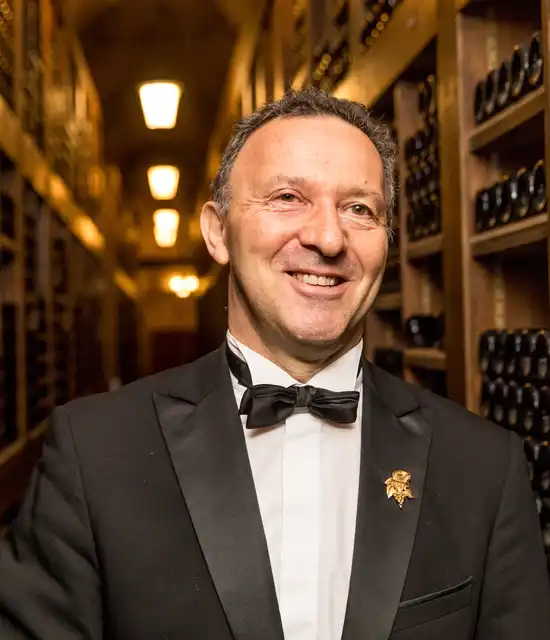
They say you're also a beer lover...
That’s more my wife’s thing! But I do rather like what’s happening in this industry, especially this new craze for India Pale Ales and flavoured beers.
So what should we open for an aperitif?
Here, let’s improvise a beer cocktail. Grab a Kriek, which is a cherry-flavoured beer. Now let’s add vodka...a bit of Aperol...some lime juice, and pepper. How does that sound?
As always, feel free to take photos of your tastings and share them on our social media accounts!
Why not host a virtual happy hour? It’s the latest trend in this period of lockdowns: start up a video chat, have a toast with your friends, and share your feelings and experiences... Who ever said being cooped up hurts your social life?
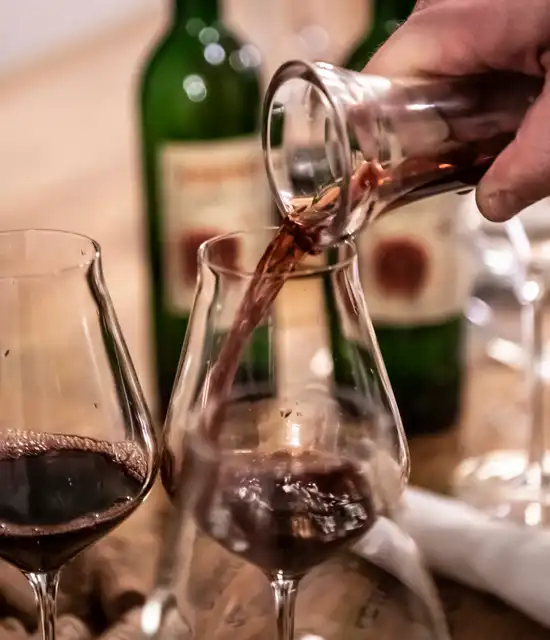
You might also like…
Printemps des Arts Monte-Carlo
For this new edition ahead of the classical music festival, Bruno Mantovani explores the music of this visionary composer, conductor and teacher.
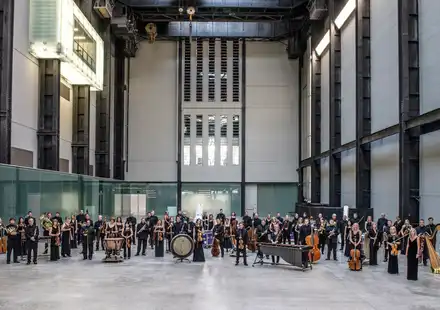
New Moods reopens: let the party begin! Interview with Stéphane Lobono and Alfonso Ciulla
Read the interview with Stéphane Lobono and Alfonso Ciulla about the reopening of New Moods in Monaco, an iconic venue dedicated to live music.

Repossi: high jewellery and avant-garde design. Meeting with Anne de Vergeron
Meet Anne de Vergeron, CEO of Repossi, for a creative and sparkling tour through the history and behind the scenes of this legendary jewellery house.
